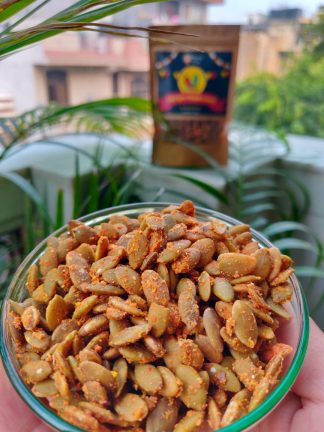
Magnesium deficiency is a common yet often overlooked condition that can significantly impact your health. As an essential mineral involved in over 300 enzymatic reactions in the body, magnesium plays a critical role in everything from protein synthesis to muscle and nerve function, blood glucose control, and the regulation of blood pressure. The original Masala Monk article highlights the importance of magnesium, shedding light on its functions, the consequences of deficiency, and how to address it through diet.
Understanding Magnesium’s Role and Deficiency Impact
Magnesium’s pivotal roles include supporting cellular health, aiding in the formation of bones, and ensuring proper muscle function. It’s also crucial for the activation of B vitamins, insulin secretion, and the production of energy. Deficiency in magnesium can lead to a host of issues, including muscle cramps, fatigue, and abnormal heart rhythms, and has been linked to osteoporosis, high blood pressure, and heart disease.
Why Magnesium Matters
- Supports Mental Health: Magnesium plays a key role in brain function and mood regulation, with deficiencies linked to increased risk of depression.
- Promotes Heart Health: Adequate magnesium intake is essential for heart health, helping to regulate blood pressure and prevent arrhythmias.
- Enhances Sleep Quality: Magnesium’s calming effects on the nervous system can improve sleep quality, making it a vital nutrient for those struggling with insomnia.
Top 5 Magnesium-Rich Foods to Combat Deficiency
- Spinach: This leafy green is not only packed with vitamins but also magnesium, making it a powerhouse for boosting magnesium levels.
- Almonds: A delicious snack that’s also a magnesium booster, almonds are perfect for a midday pick-me-up.
- Avocado: Loaded with healthy fats, avocados also provide a good dose of magnesium along with their creamy texture.
- Dark Chocolate: A treat that’s both indulgent and healthful, dark chocolate is a tasty way to increase your magnesium intake.
- Legumes: Beans, lentils, and chickpeas are not only protein-packed but also rich in magnesium, making them an excellent dietary addition.
Incorporating Magnesium into Your Diet
- Diverse Diet: Incorporate a variety of magnesium-rich foods into your meals to ensure adequate intake.
- Mindful Snacking: Choose snacks like almonds and dark chocolate to boost magnesium levels between meals.
- Cooking Tips: Prepare meals that combine several magnesium-rich ingredients, like salads with spinach, avocado, and beans, to maximize your magnesium intake.
Recognizing and Addressing Magnesium Deficiency
While adjusting your diet is a crucial step in addressing magnesium deficiency, it’s essential to recognize when supplementation might be necessary. Consult with a healthcare provider if you suspect a significant deficiency, as they can recommend appropriate dosage and magnesium supplements.
Conclusion: The Essential Mineral for Optimal Health
Magnesium’s extensive role in maintaining health cannot be overstated. By prioritizing magnesium-rich foods in your diet, you can alleviate the risks associated with its deficiency, paving the way for improved overall health and well-being.
Blog Tags
magnesium deficiency, health and wellness, dietary supplements, nutrition, mental health, heart health, sleep quality, balanced diet, magnesium-rich foods









